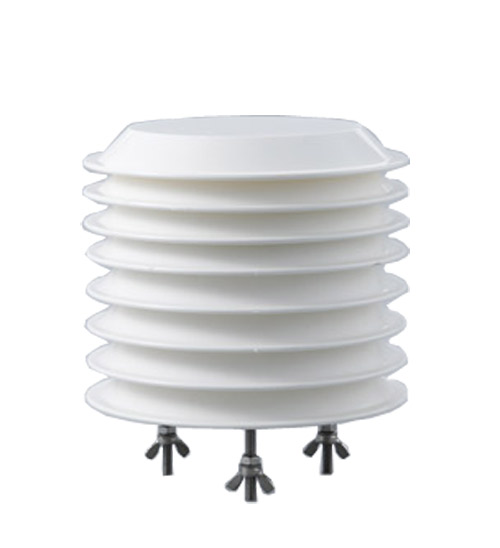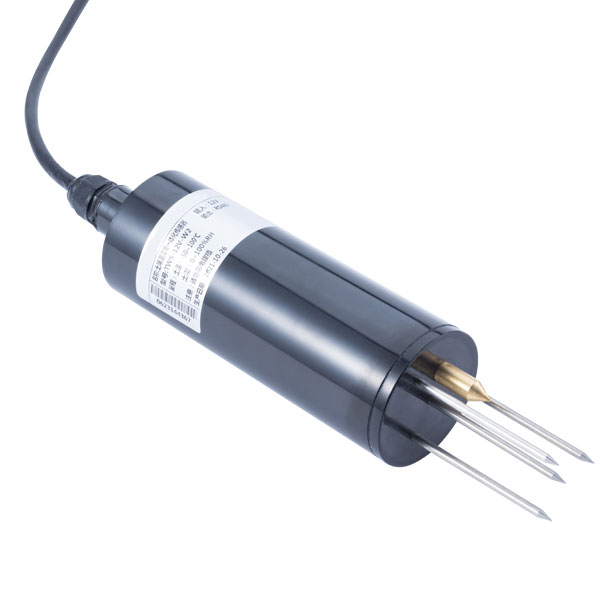

— Blogs —
—Products—
 Consumer hotline +8618073152920
Consumer hotline +8618073152920 WhatsApp:+8615367865107
Address:Room 102, District D, Houhu Industrial Park, Yuelu District, Changsha City, Hunan Province, China
Product knowledge
Time:2021-11-28 22:21:16 Popularity:879
4G industrial routers have the following differences from traditional home routers. The following are divided into 10 points to explain the specific differences:
① Product composition.
The various components in the 4G routers used in the industry, from the main control chip to the PCB board to the shell, cannot meet the requirements of industrial grade. Therefore, the products produced cannot be called industrial grade.
It can adapt to the harsh environment of various industrial control industries. The 4G industrial router has good high and low temperature resistance and can meet the requirements of industrial-grade products.
②Working temperature.
The requirements of 4G industrial routers for operating temperature are actually the requirements of components.
The operating temperature range of general 4G industrial routers is -35~75℃, and the operating temperature range of 4G civil routers is -10~60℃, which can generally meet the requirements of indoor temperature. So it is not suitable for harsh industrial environment. Even outdoor public places are not so good in winter.
③Product function.
In the industrial control industry, 4G industrial-grade routers are widely used.
Not only requires wide-area and fast response capabilities, but also requires port mapping, VPN, watchdog, and more powerful firewalls, such as static protection. Generally, 4G routers can only provide Internet access.
④ Work stably.
General 4G routers cannot meet the high stability requirements of 4G industrial routers.
When the network fails, they need long time trouble-free work and automatic recovery.
Ordinary 4G routers cannot work normally for a long time, and it is easy to disconnect the network if it rains or snows.
After a period of normal operation, failures are prone to occur.
⑤ Application areas.
4kW industrial routers are mainly used in electric power, industrial automation, environmental protection, finance and other industries.
General routers are suitable for homes and businesses.
⑥Safety standards.
VPN/PPTP/L2TP/IPSEC encrypted 4G industrial router.
There is no standard router.
⑦ Energy demand.
The 4G industrial router can use solar energy, so it has the characteristics of low energy consumption.
Generally, the power supply of the router is 220V, without any power consumption.
⑧Networking mode.
Industry-level 4G routers are mainly composed of operators such as China Telecom, China Unicom, and China Mobile. ADSL generally uses dial-up access.
⑨The interface is different.
Ordinary industrial-grade 4G routers, in addition to network interfaces, are also equipped with industrial serial ports such as RS485 and RS232, which can realize communication between industrial automation equipment. Generally, routers have network interfaces.
⑩The antenna is different.
Generally, industrial-grade 4G routers are installed in a cabinet, so an enhanced suction cup antenna is required. Ordinary routers only need an antenna with an antenna.
The above is an in-depth comparison between 4G industrial routers and ordinary routers.
The use of industrial-grade 4G routers allows users to quickly access the high-speed Internet, thereby realizing fast, safe and reliable data transmission in transportation, power, finance, water conservancy, meteorology, environmental protection, industrial automation, Internet of Things, energy and minerals, medical care, and agriculture. , Forestry, petroleum, construction, intelligent transportation, home furnishing and other fields are widely used.
Sensors & Weather Stations Catalog
Agriculture Sensors and Weather Stations Catalog-NiuBoL.pdf
Weather Stations Catalog-NiuBoL.pdf
Related recommendations
Related products
 Atmospheric Temperature Humidity Pr···
Atmospheric Temperature Humidity Pr··· Soil Temperature Moisture Sensor 4-···
Soil Temperature Moisture Sensor 4-··· Air temperature, humidity and atmos···
Air temperature, humidity and atmos···
Screenshot, WhatsApp to identify the QR code
WhatsApp number:+8615367865107
(Click on WhatsApp to copy and add friends)